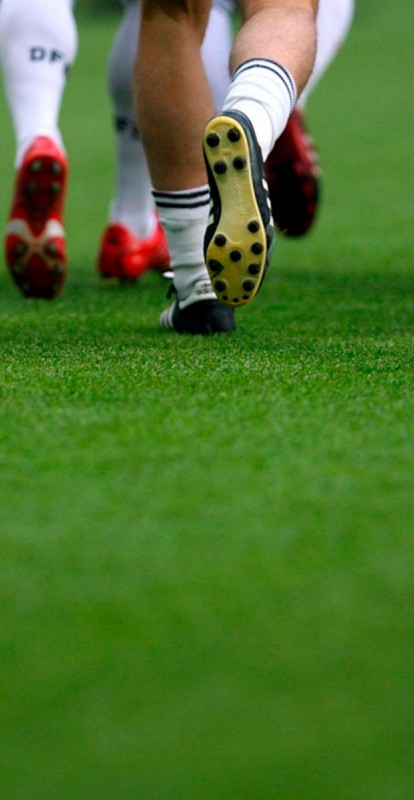Business
CIDESD – Research Center in Sports Sciences, Health and Human Development
The Research Center in Sports Sciences, Health and Human Development (CIDESD) is a cross-institutional technical and scientifically multi-disciplinary unity of applied research. Originally created in 2007, this Center appears from the network integration, by a consortium agreement, of ten institutions of higher education: Polytechnic Institute of Bragança, the Sport Sciences School of Rio Maior – Polytechnic Institute of Santarém, the University of Beira Interior, the Higher Institute of Maia, the University of Madeira, the University of Trás-os-Montes and Alto Douro, the Educational higher School from the Polytechnic Institute of Viseu, the University of Évora, the Polytechnic Institute of Viana do Castelo and Polytechnic Institute of Guarda.
The objectives of CIDESD are based on three main pillars: scientific research and technological development, community intervention and continuing education. In this sense, according to João Viana, one of the members of this research center, “CIDESD seeks to promote and disseminate research and scientific development in the field of Sports and Health Sciences, to provide community outreach services through the development of effective intervention and promote continuing education by integrating the members of CIDESD into post-graduate education and training activities.”
CIDESD has carried out a series of research projects and activities with a focus on various fields such as the study of collaborative work and creativity in sport, the analysis of genetic, physical, physiological and biomechanical models of human performance and the relationship between physical activity and active aging. At the same time, CIDESD develops and promotes community intervention strategies in support of training, training, high performance and adapted sports, integration of sports in school context, sports intervention in social use problems, physical activity and sports programs related to health promotion. “The members of CIDESD carry out teaching and research activities in undergraduate, master’s and doctoral programs, fostering and disseminating technical and professional knowledge associated with science and, therefore, capable of generating innovative capacity”, says João Viana.
“Science and Technology are transforming sport’s field”
Athletes are getting stronger and faster, they train and play in congested schedules and increasingly demanding competitions, and world and Olympic records continue to be beaten. This evolution of sports performance is based, in large part, according to João Viana, “on the contribution that new technologies have made to the training process, facilitating and optimizing the work of coaches and athletes.”
Nowadays there are several technological systems for motion capture and biometric feedback that help quantifying and qualifying external and internal load profiles in individual and collective sports. In this context, we highlight the era of wearables, based on technological tools that are placed in the body and that are capable of providing biometric data for the real-time monitoring of load profiles during sports. “All this information has as main objective the optimization of the health and performance of the athlete, contributing decisively to the identification and development of individual and collective performance profiles that serve as reference guide in the processes of preparation and recovery after the competition,” says the member of CIDESD.
The study and development of these technologies has a significant impact on the performance of sports, and the research has the future responsibility to fine tune the levels of reliability and accuracy of the data obtained. In this sense, this is the proof that, as João Viana says, “science and technology are transforming sport’s field”.
A synergy for knowledge
“Research, innovation and development institutions such as Fibrenamics and CIDESD are the prime example of building bridges between science and the challenges and appeals of different communities and the markets and products associated with them, and the capacity of industry as a means to produce this products, “says João Viana.
Fibrenamics and CIDESD thus become key agents in the development of knowledge and in the dissemination of valid information about evaluation processes, prescription and monitoring of training based on scientific knowledge. Pillars that are fundamental in the construction of individual and specific performance indicators of each modality – fundamental criteria in the improvement of the training process and sports performance.
CIDESD and Fibrenamics have established synergies in the construction and validation of new technological resources, particularly in the development of multifunctional sports equipment based on advanced technical and scientific knowledge capable of improving sports performance.
“Despite the technical and scientific advances of recent years, the products available on the technological garment market still have gaps that result in part from the poor integration of research knowledge in the field of sports sciences and physical activity “, says João Viana.
In this perspective, the collaboration between these two institutions aims to respond to the evident need to develop technological materials supported by scientific knowledge that validates the use of sports clothing as a reliable instrument in monitoring training, injury prevention, recovery after effort and rehabilitation of injuries.
Date: January/2017
Interviewed: João Viana, Head of R&D - CIDESD
